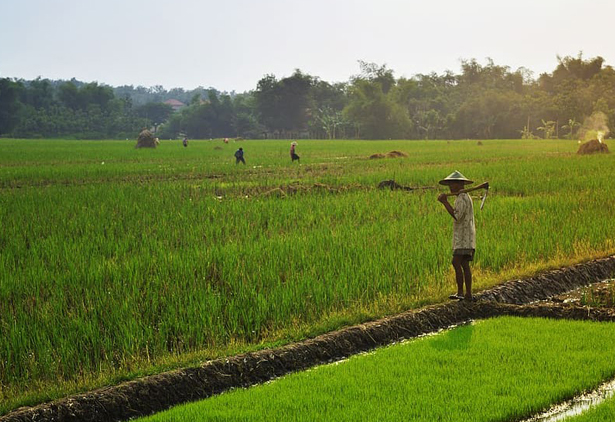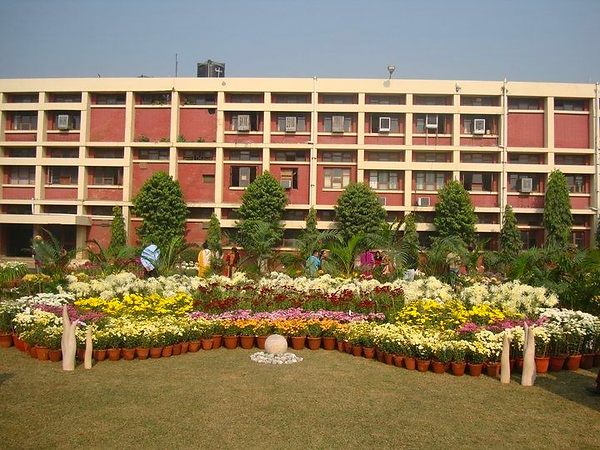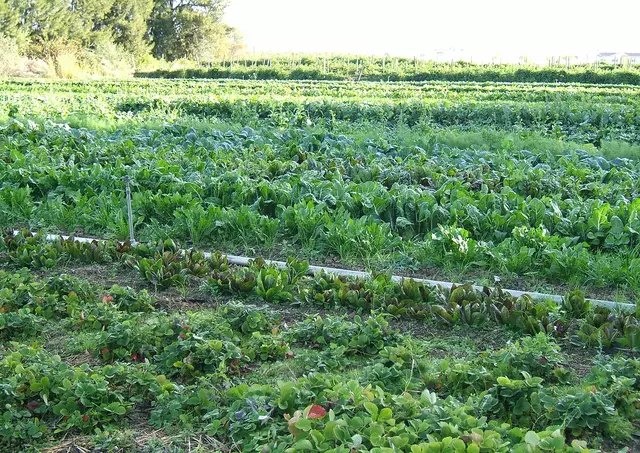organic farming
- Home
- organic farming
This farming does use digging, ploughing and soil preparation, but it does not use chemical fertilizer, and chemical fungicides, pesticides and herbicides. All fertilizer used is organic in terms of compost, cow manure, chicken manure or sludge from a bio-gas plant. Fungi, unwanted insects and unwanted plants are not sprayed with poisonous chemicals but are either not sprayed at all, or biological solutions are used like “Neem” based liquids or fruit fly traps for the different kinds of fruits. Insects like ladybugs that eat green aphids or chickens that eat insects are other methods. Organic farming relies on the restoration of the organic fertility of the soil, so that instead of chemicals based agriculture where all life has been killed off in the soil by use of poisonous chemicals, the soil organic matter, microbes, insects and earthworms are encouraged and nurtured so that they add their own fertility to the soil. Since plants are healthier, these are less attractive to insects than their pumped up sickly green revolution high response varieties that consume very expensive amounts of chemicals, diesel fuel and water. There is a misconception that organic farming leads to lower yields. Actually, once a farmer understands the natural processes at play relating to a particular crop, vegetable or fruit, its soil needs and its water needs, organic farming can give higher yields of more nutritious food at a lower cost, although labor input may be more. This method may be suited to small farmers if they have more labor to contribute. The resulting food is free of poisons, is more nutritious and usually tastes better.
The technique also favors traditional varieties of seeds and crops and generally does not use hybrid and new varieties and definitely not the new GMO (genetically modified) seeds. The plants are generally planted intensively and sometimes uses the practice of companion planting, where plants that like each other are grown together.
The plants are generally healthier and so more resistant to insect attacks, but one can use sprays of biological herbicides and pesticides, if needed. Organic farming is more labor intensive, but should command a premium in terms of price as the produce is cleaner and more nutritious. The produce is generally more nutritious and is definitely free of any herbicide and pesticide residues that are and for the health.”
Articles
S. Ptitam Singh Kumedan is an expert on Water issues. He is consulted by SAD, Congrss and AAP leaders before they make a statement on water issue. Since there is recent controversy on Punjab waters, I requested him to enlighten us. He kindly obliged- Jagpal Singh Tiwana VALUE OF WATER GIVEN TO Rajasthan, Haryana and […]
I had the pleasure of meeting with Ramnik Singhji at his store in Sector 8 in Chandigarh on February 23. He described how by 2014 he had seen the environmental crisis developing in Punjab very fast in terms of deterioration of air, water and soil and so was drawn to organic farming and products. Khaalis […]




